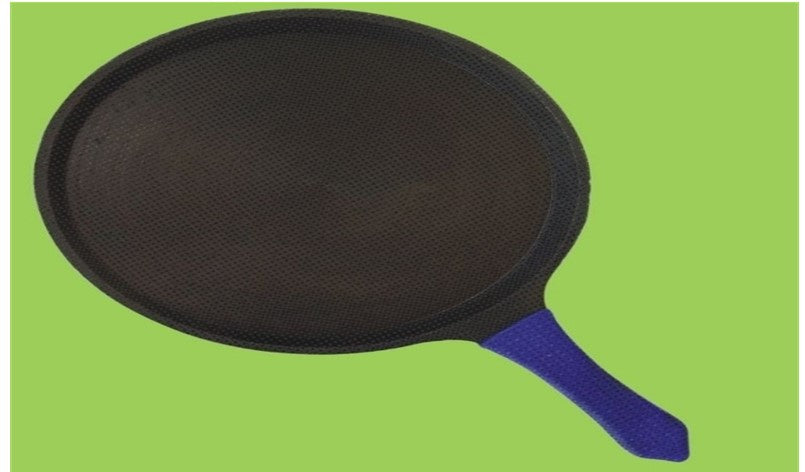Our Love is like a Cast-iron Skillet! Hot and Well-Seasoned
Cast iron skillet cooking is as low-tech as it gets. Yet the results are anything but. When you cook with cast iron, you get the benefits of iron-rich non-toxic seasoning that also sheds water-retentive heat for evenly seared food every time. As a bonus, cast iron also provides long-lasting, even heat.
Cooking with well-seasoned cast iron cookware is one of the most satisfying experiences for both beginner and experienced chefs. Cast iron cookware is reliable, long-lasting, non-toxic, nonstick, and full of character.
Those are just a few of the advantages of using cast iron, which makes it the preferred cooking surface for many. When you get right down to it, no other type of pan can offer as many positive results as a cast iron skillet.


Use it with Ease
At home in the oven, on the stove, on the grill or over the campfire. Skillet may be used on various heat sources including gas, electric, induction and ceramic-glass top stoves and ovens. When using on glass stove tops, be careful not to slide the cookware around as it's possible to scratch the surface. Seasoned cast iron can also be used on the grill or outdoor fire and coals for camp cooking. Begin heating cookware on low and slowly bring heat up to medium or medium/high. Always remove cookware from the stovetop after cooking.
Iron-Rich Foods
"The greater the acidity of the food and the longer you cook it, the more iron is transferred."
Cast-iron pans transfer small amounts of iron into food while cooking, which may help infuse your dish with the hemoglobin-producing mineral. FYI, iron produces the protein hemoglobin, which carries oxygen to red blood cells throughout the body
Getting the Best Out of Your Cast Iron Skillet
If you want to reap the benefits of iron, we recommend purchasing a cast-iron pan made purely with iron instead of one that's enameled. "Plus, a well-seasoned pan is non-stick and it lasts for generations,"
Seasoning is the black patina that builds up in your cast-iron skillet or pot with regular use. Unlike other types of cooking pans, cast-iron skillets actually get better with use. A new cast-iron pan will feel rough, but one that's been used for some time will have a slicker surface
Cast irons aren't necessarily as convenient as other pans — they require good care, which includes thorough rinsing and drying. Leaving a pan wet can develop rust, but you can help prevent this by coating the inside with oil after use.

0 comments